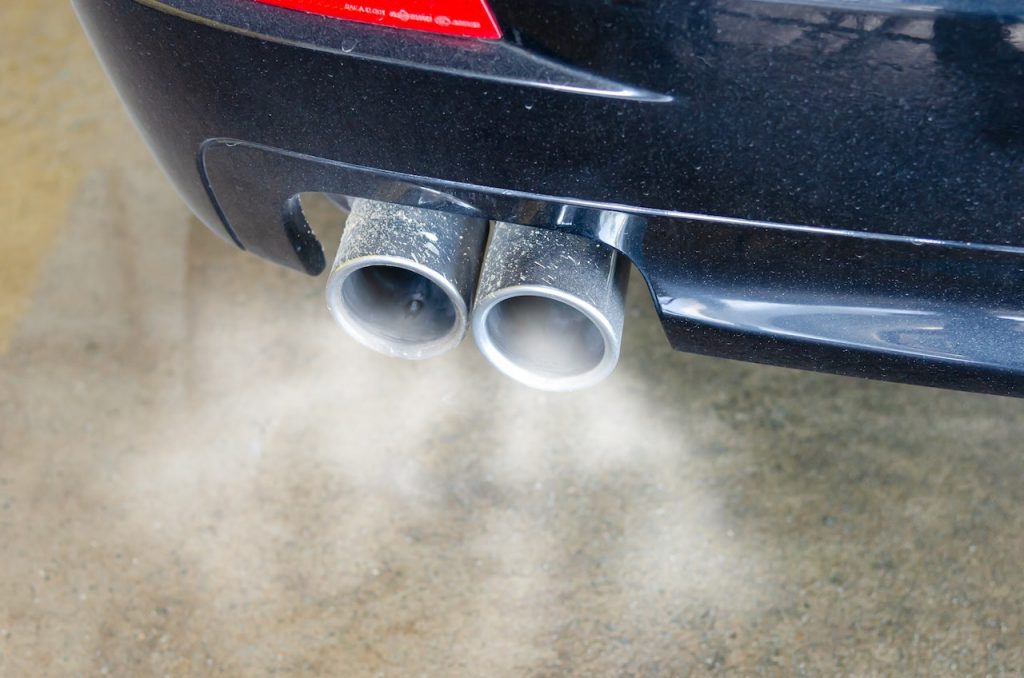The European Commission should reject proposals from automakers to ease 2025 CO2 emission targets and related fines, two European electric transport groups said in a letter to Commission President Ursula von der Leyen on Friday.
The letter, seen by Reuters, urged the EU executive to maintain existing climate goals and resist calls for a slower phase-in of emissions limits or a multi-year averaging system for fines. The groups argued that any penalties should be allocated to funding the bloc’s transition to electric vehicles (EVs).
See also: EU Commission Allocates €422 Million for Charging and Hydrogen Infrastructure Projects
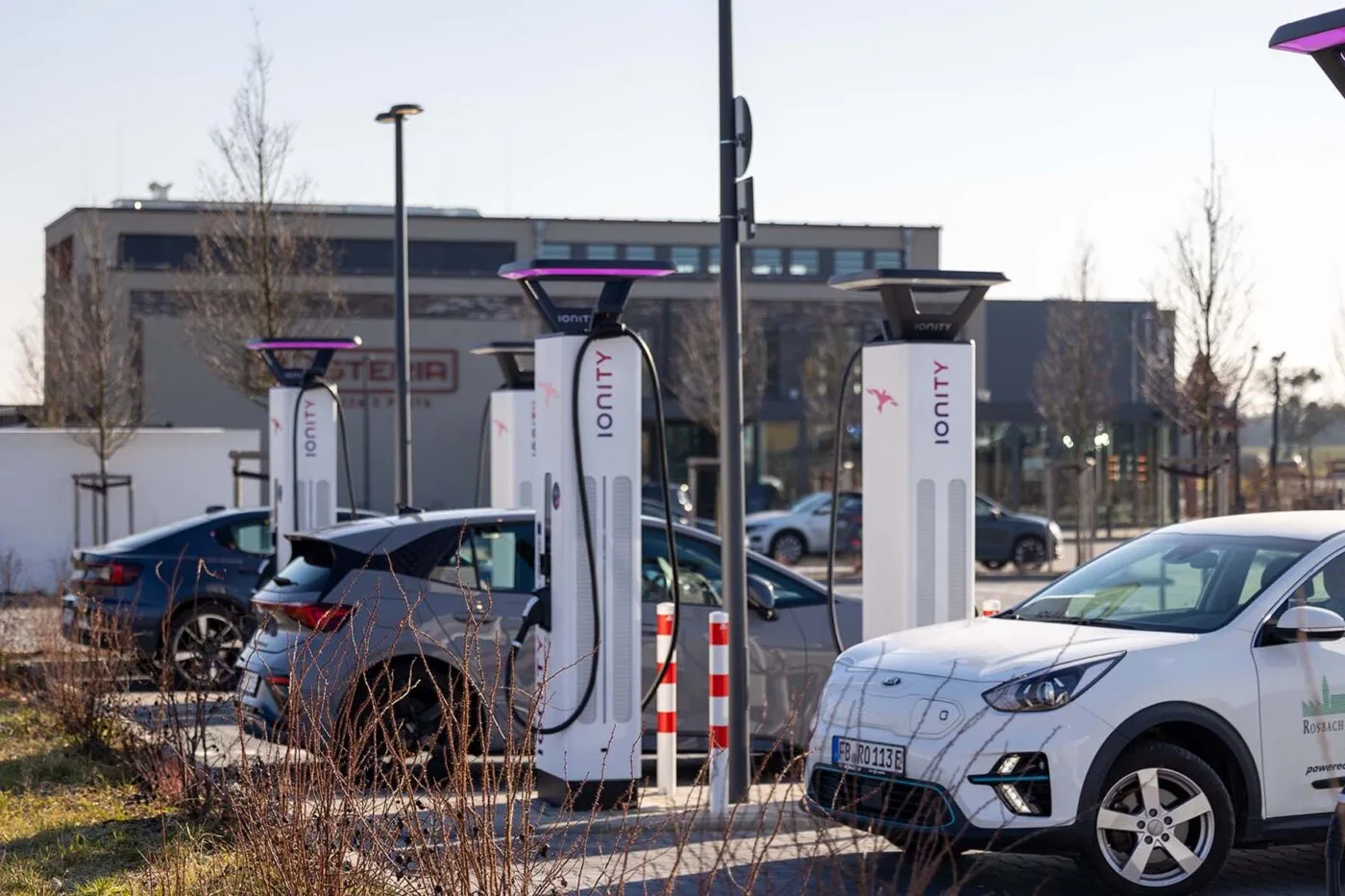
EU automakers have warned that non-compliance with 2025 CO2 limits could result in fines of up to 15 billion euros ($15.7 billion). Struggling to compete with Chinese EV manufacturers and facing potential U.S. tariffs, carmakers have asked the Commission for flexibility in meeting emissions targets.
E-Mobility Europe and ChargeUp Europe, the signatories of the letter, cautioned that delaying 2025 CO2 limits could hinder Europe’s competitiveness in the EV market and stall investments in charging infrastructure, battery development, and manufacturing.
See also: EU Mulls Possible Revisions to 2035 Combustion Engine Ban Amid Industry Lobbying
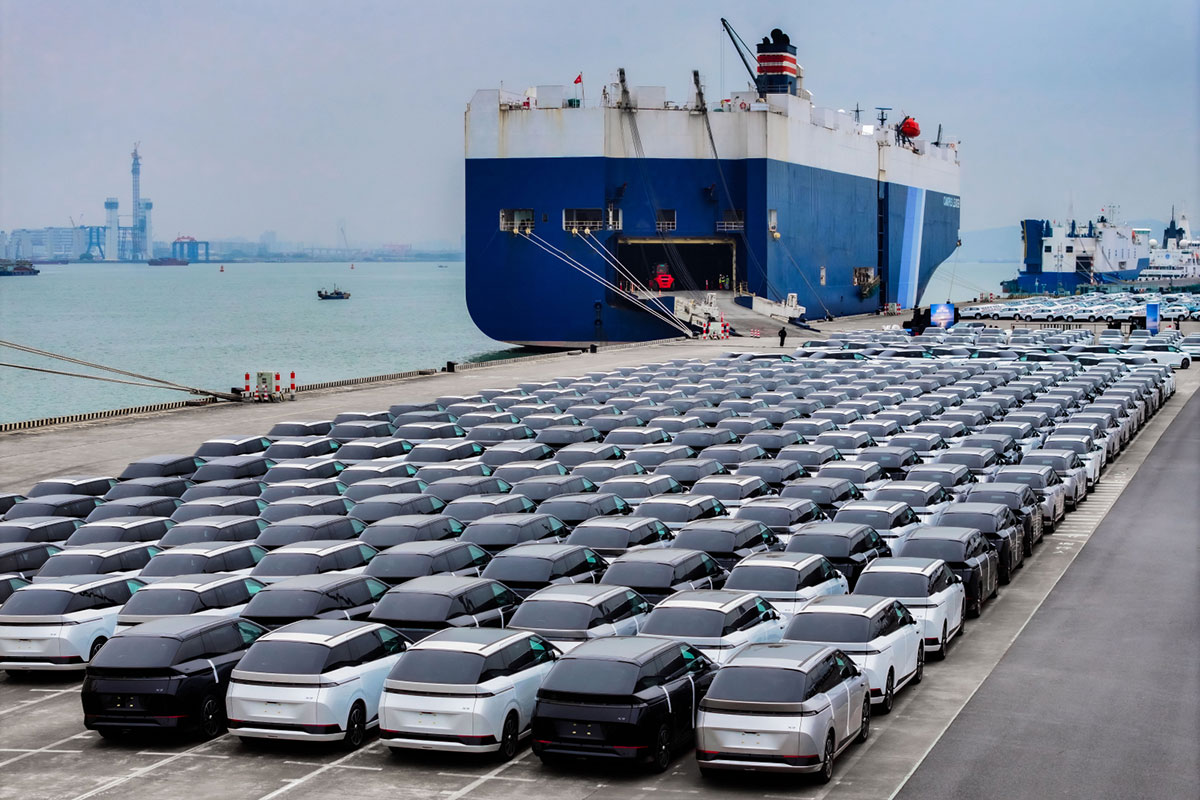
“Any flexibility that pushes back the 2025 CO2 limits will only put Europe further behind China in EVs and have a chilling effect on EU investment plans,” the groups said in the letter.
E-Mobility Europe represents EV manufacturers, supply chain companies, fleet operators, and infrastructure providers, while ChargeUp Europe focuses on the EV charging industry. Tesla (NASDAQ: TSLA) is a member of both organizations.
Automakers argue that weak consumer demand for EVs, in part due to concerns over charging infrastructure, is a major hurdle to meeting emissions targets. However, Aurelien de Meaux, CEO of charging company Electra, dismissed this claim.
See also: EU Should Maintain 2025 CO2 Targets, Boost EV Incentives, Industry Group Says
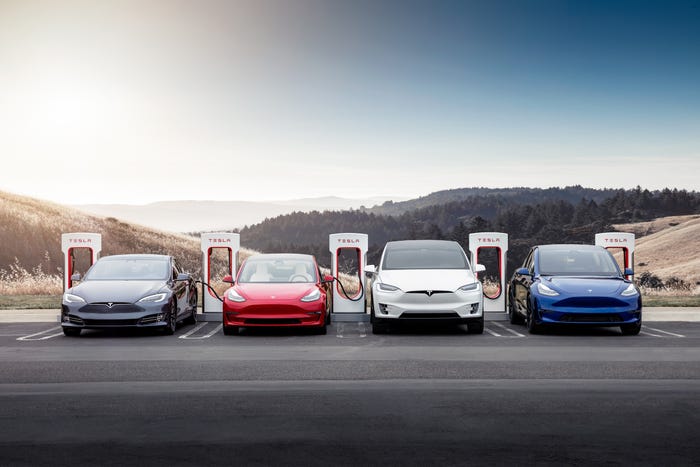
“This is a false narrative,” de Meaux said. “EU charging stations could accept five to seven times more vehicles without being saturated, and our sector is investing billions of euros in infrastructure expansion.”
The letter also asserted that the 2025 CO2 targets remain achievable, citing the launch of 11 new EV models priced under 25,000 euros and a 40% year-on-year rise in EV sales in January 2025.
De Meaux further questioned the 15 billion euro fine estimate, noting that it was based on sales data from early 2024 and was therefore inaccurate. “Projections point to fines of perhaps 4-6 billion euros, which could be halved through trading credits with other companies,” he said.
See also: EU Considers Wide-Scale Electric Vehicle Incentives Amid Industry Challenges
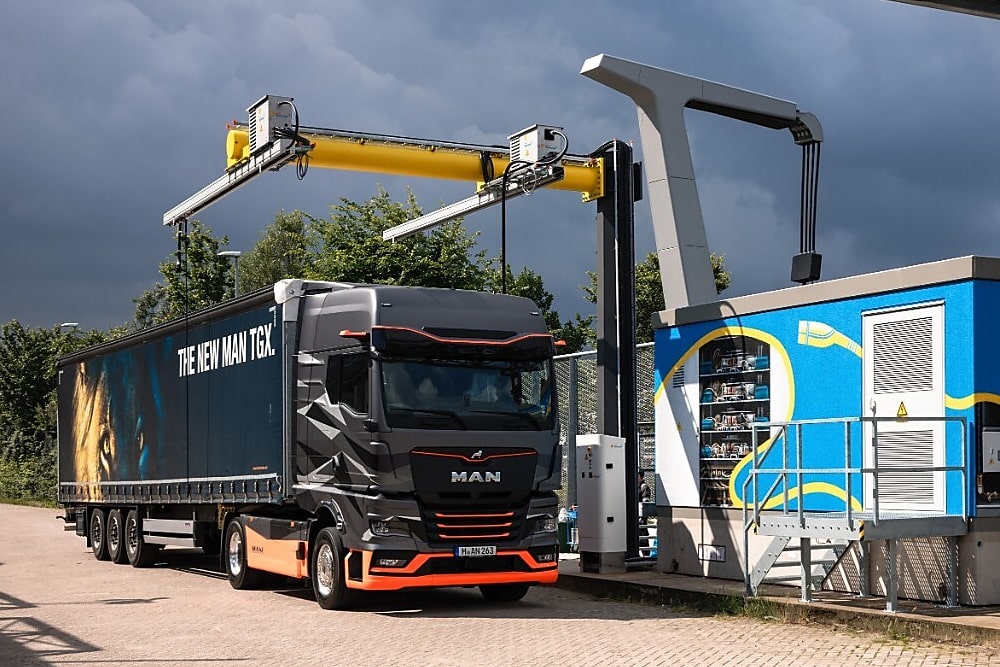
The groups also voiced support for policies that encourage corporate fleet electrification, given that fleet purchases account for around 60% of new car sales in the EU.
Source: Reuters
